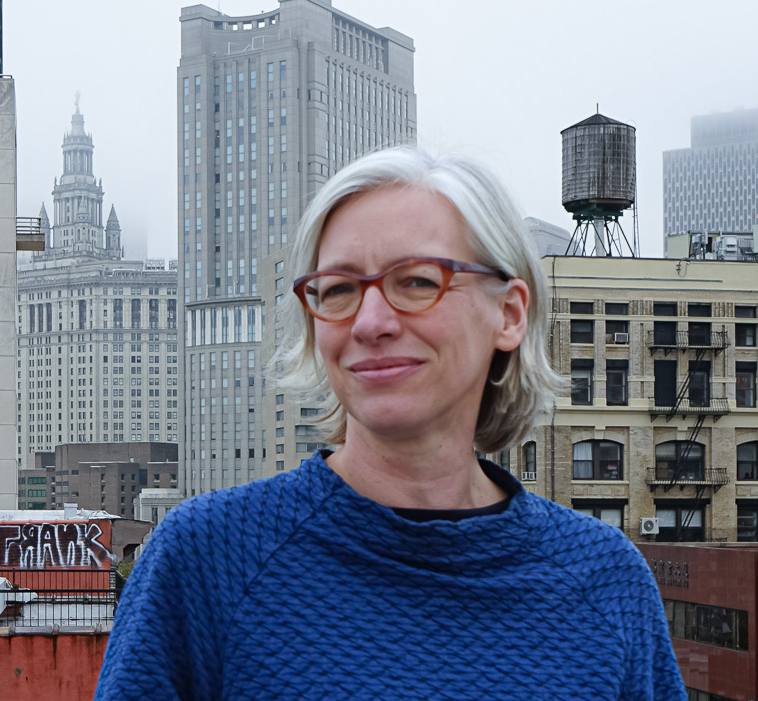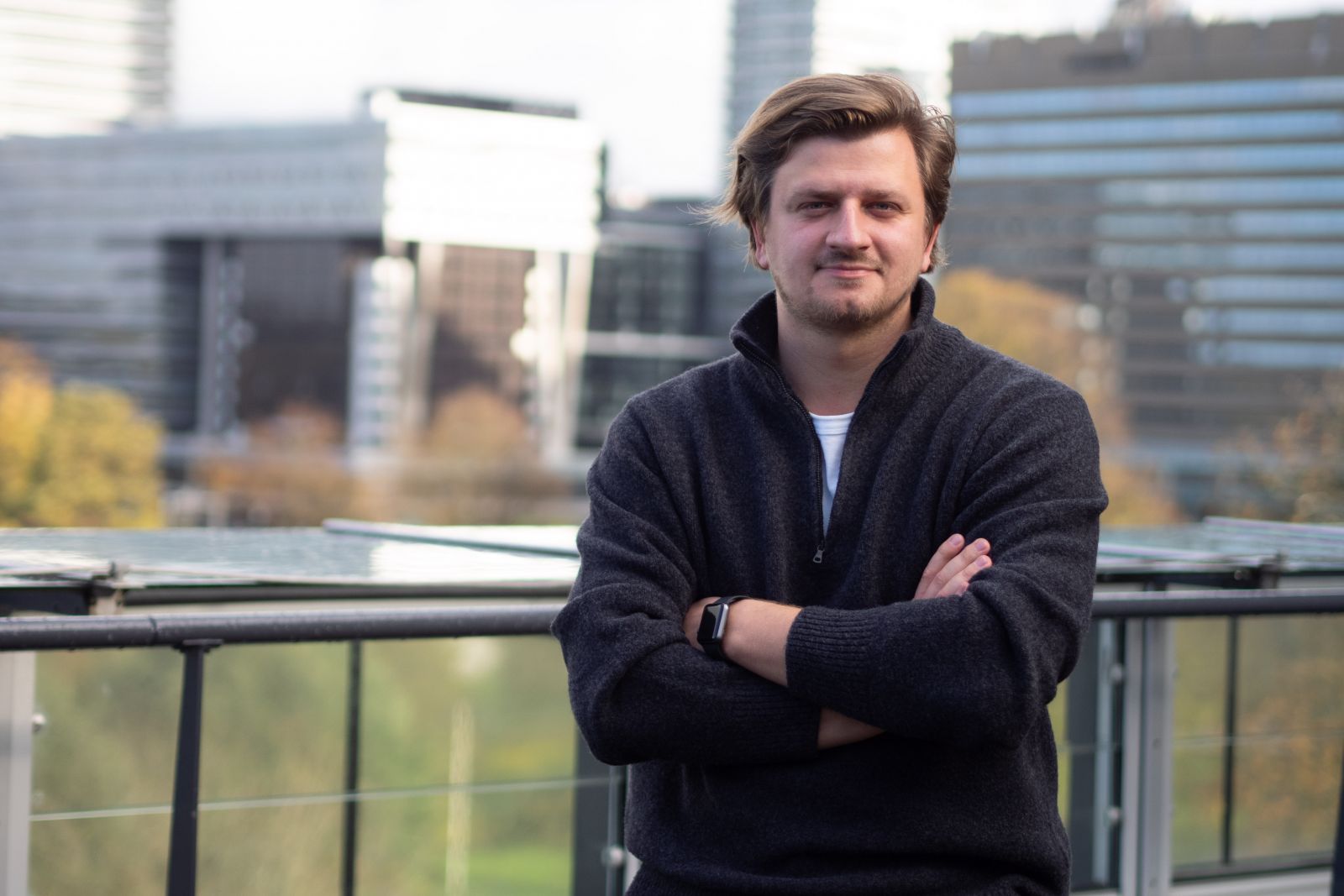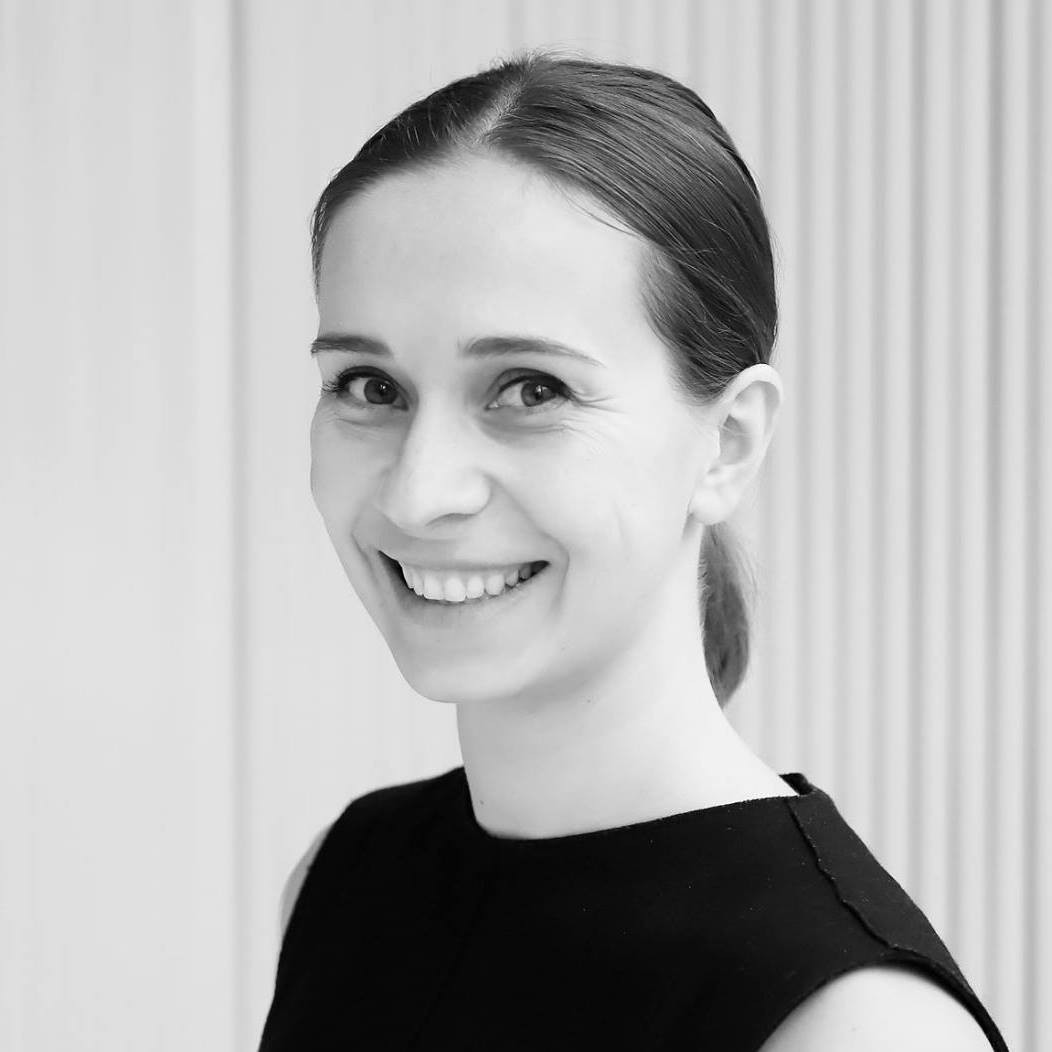table-1 Table 1 Future proof just land use and land ownership

Benedikt Zeller, Javier Nadal , Lucia Juambeltz, Daryna Pasyuta, online: Kateryna Lopatiuk, Mariia Leonenko, Liudmyla Shvets
How can land-use and landownership stay sustainable, ecological and just after war destruction and what practices need to happen to make this agriculture land-use future, climate and biodiversity proof? This question will lead the design research during the workshop.
War displaces people, like climate and natural disasters, creating in addition to human catastrophes, changes in land-use and often also landownership. Some people rather leave then rebuild, others will not have the financial means to remain and build back. Specifically, when, like in Ukraine, national and international financial parties and large-scale companies become interested in the highly fertile soils for agriculture and offer investments that are difficult to resist. Often, when large scale private companies become involved, the importance of biodiversity, equal right to water and justice are not taken on board, creating the setting for further increase of climate and biodiversity crises in the future.
We want to look through a landscape / urban design lens to what this means and what typology of practice can resist the (inter)national forces through the means of water.
The focus will be:
- Looking at the regional scale of the oblast of Kherson, the watershed of the Dnipo, as a case study for possible advise to national scale
- Focusing on the interwovenness of water availability for agrarian purposes and industries, water in regional ecosystems, water in climate adaptation (inland + river), water as a carrier of sociocultural spatial identities and the Integral water governance (from (inter)national to regional and local scale) and water as a transport medium for contaminants.
- Focusing on land-use, land ownership and sustainable, climate proof, ecological sound agricultural practices
- Focusing on short term to long term
(Lot Locher)
As a result of the water crisis, people in the reoccupied territories of Donetsk region, such as Svaytogisrk and Kostyntynivka, build off-grid springs and rely on provision of water supply in cisterns. City municipalities are struggling to restore the central water supply, which was heavily damaged during the Russian aggression against Ukraine. Even if they succeed, the risk of new damages remains.
The war is the main cause for these humanities crises.
Water supply has always been a challenge due to the limited resources of fresh water in the regions. In Donbass, there has always been a chronic shortage of fresh water. Even its authentic nature has adapted to survive in conditions of low water availability (https://texty.org.ua/articles/82720/Robota_na_liniji_vognu_Pidpryjemstvo_Voda_Donbasu-82720/).
We aim to prioritize community rapid responses to water shortages. The research consists of an ongoing activity that utilizes open source data, as well as interviews with local NGOs that are involved in these rapid projects. Additionally, we will suggest design solutions that can assist people in dealing with situations such as water springs and community centers.
(Anastasiya Ponomaryova)
 Lot Locher is an architect, urbanist and strategist who, after working internationally in architecture and landscape design offices (e.g. at Gustafson-Porter-Bowman), set up the international acknowledged social-network organisation Amsterdam Rainproof (2013) to make the capital of The Netherlands climate robust. Based on its success, she initiated the nationwide organisation, Together Climate Proof, as part of the Dutch watermanagement Deltaprogram Adaptation (2018). She worked as a strategist and program manager on urban climate adaptation for the public water-cycle company Waternet and the Metropolitan Region of Amsterdam, mainstreaming climate adaptation, and the importance of water, in all policies and actions of public and private urban stakeholders. She also showed the public sector, with initiating and being client to the project Resilience by Design, how design could support setting the agenda and helping the decisionmakers making future proof regional investment decisions. Now she does this as International Director Climate for the design office One Architecture & Urbanism, a global leader on Resiliency.
Lot Locher is an architect, urbanist and strategist who, after working internationally in architecture and landscape design offices (e.g. at Gustafson-Porter-Bowman), set up the international acknowledged social-network organisation Amsterdam Rainproof (2013) to make the capital of The Netherlands climate robust. Based on its success, she initiated the nationwide organisation, Together Climate Proof, as part of the Dutch watermanagement Deltaprogram Adaptation (2018). She worked as a strategist and program manager on urban climate adaptation for the public water-cycle company Waternet and the Metropolitan Region of Amsterdam, mainstreaming climate adaptation, and the importance of water, in all policies and actions of public and private urban stakeholders. She also showed the public sector, with initiating and being client to the project Resilience by Design, how design could support setting the agenda and helping the decisionmakers making future proof regional investment decisions. Now she does this as International Director Climate for the design office One Architecture & Urbanism, a global leader on Resiliency.

In addition to his involvement with state councils for spatial quality, he is also dedicated to Ukraine's dignified recovery and serves as a board member of 'Ukraine - Netherlands Urban Network'.
UNUN is a community of spatial professionals from Ukraine and the Netherlands committed to exchanging knowledge for Ukraine's reconstruction.
Pavlo holds an MSc in Architecture, Urbanism and Building Science from TU Delft (NL) and a MSc in Architecture from KNUCA (UA).
In 2023, he successfully completed PEP-BNA, earning the official title of Architect.
Pavlo has resided and worked in the Netherlands since 2017, accumulating over seven years of diverse international professional experience.

Anastasiya Ponomaryova - works on the edge of architecture, art, community development, practice and research. She is co-founder of NGO Urban Curators and СO-HATY initiative. Since 2015 she worked in the Eastern part of Ukraine, enhanced local communities to work with city landscape. Anastasiya’s academic background includes fellowship in Levental Center for Advanced Urbanism at MIT (Cambridge) and architectural department at ETH Zurich. Her current project focuses on integrated, sustainable and rapid housing for forcibly displaced people in Ukraine.
Table 1 Future proof just land use and land ownership
Table 2 Innovative Rainwater Management
Table 3 strategies for regeneration of the river bed and river
Table 4 BACKWARDS FREESTYLE
Table 5 The Space that Water Leaves Behind
Table 6 free fertile land
Table 7 System mind-mapping
Table 8 Great meadow
Table 9 Urgent Urbanism

